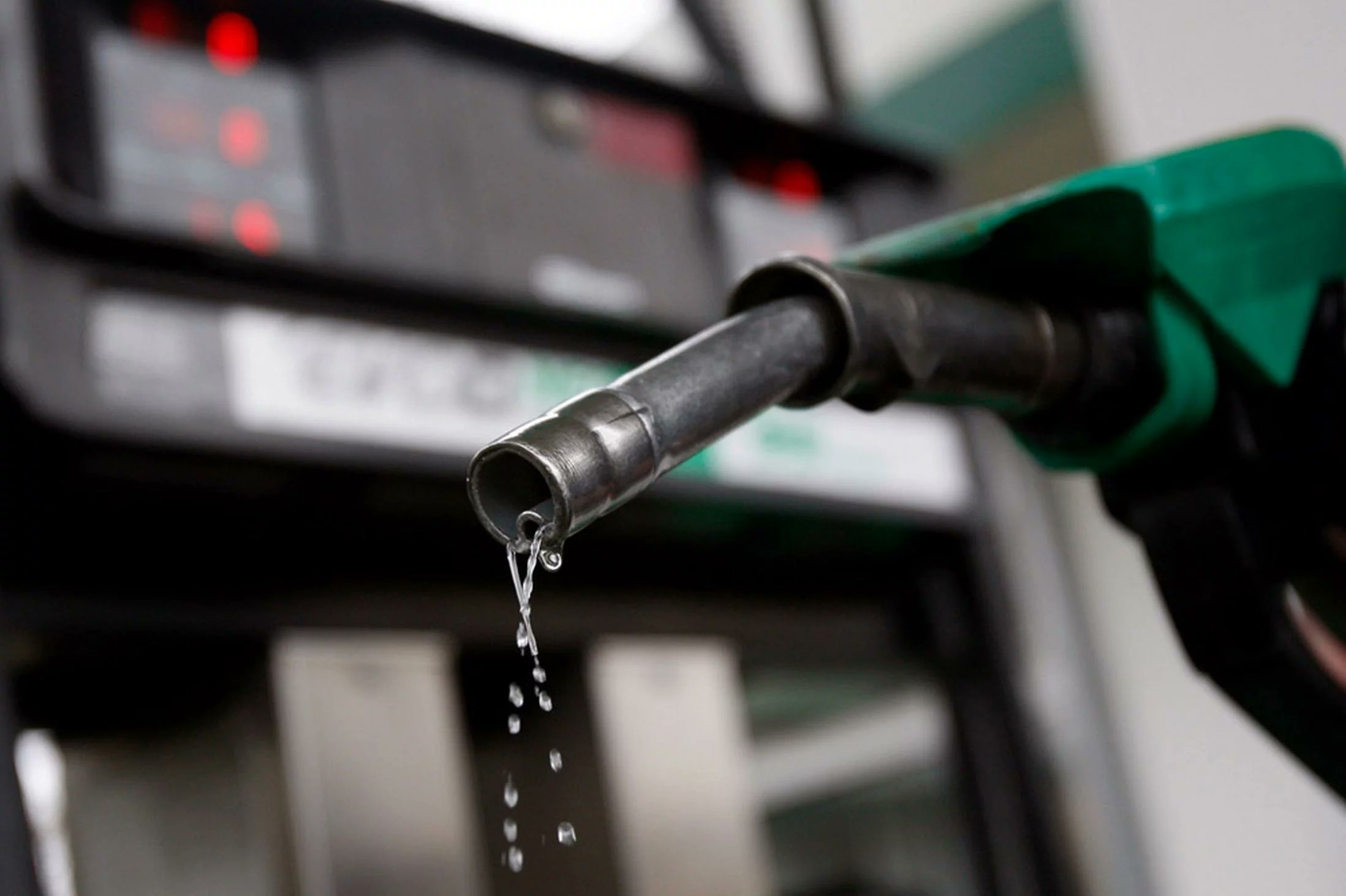In recent years, Africa has faced numerous economic challenges, from political instability and conflict to inflation, debt crises, and sluggish growth. With these issues in mind, many people often wonder: Is Nigeria among the poorest countries in Africa? The answer, according to the latest report from the International Monetary Fund (IMF) for the year 2025, is No—Nigeria is not among the top 10 poorest countries in Africa based on GDP per capita (Purchasing Power Parity – PPP). However, the situation is more complex than a simple yes or no.
Let’s dive deeper into the data, understand Nigeria’s current economic standing, and explore the 10 African countries currently ranked as the poorest by the IMF.
IMF’s Top 10 Poorest Countries in Africa in 2025 (by GDP Per Capita – PPP)
The IMF has released data ranking African countries by their GDP per capita in purchasing power parity terms—a method that adjusts for differences in the cost of living and inflation between countries. Here are the top 10 poorest African countries in 2025:
-
South Sudan – $960.24
-
Burundi – $1,009
-
Central African Republic
-
Democratic Republic of the Congo
-
Mozambique
-
Malawi
-
Niger
-
Liberia
-
Madagascar
-
Sierra Leone
These nations are grappling with a mix of political instability, conflict, poverty, inadequate infrastructure, low levels of education, and limited access to global markets. These factors continue to slow down development and keep per capita incomes at critically low levels.
Nigeria’s Position: A Closer Look
While Nigeria does not appear on this list, it doesn’t mean the country is doing exceptionally well. On the contrary, Nigeria’s GDP per capita has been on a declining trajectory over the past decade.
According to the IMF:
-
In 2014, Nigeria’s GDP per capita stood at approximately $3,220
-
By 2025, that figure has dropped to about $835.49
This drastic decline places Nigeria closer to the bottom half of African countries economically, despite not being in the top 10 poorest. The fall in GDP per capita reflects major economic setbacks, including:
-
High inflation
-
Severe currency devaluation
-
Over-reliance on oil exports
-
Rising unemployment and underemployment
-
Worsening poverty and inequality
Why is Nigeria’s Economy Declining?
Nigeria, Africa’s most populous nation and one of its largest economies, is facing a range of economic headwinds that have significantly impacted growth:
1. Currency Devaluation
The Nigerian Naira has depreciated sharply against the US dollar over the past few years. This has made imports more expensive and increased the cost of living, directly affecting citizens’ purchasing power.
2. Over-dependence on Oil
Despite years of promises to diversify the economy, Nigeria still depends heavily on crude oil for foreign exchange and government revenue. Fluctuating global oil prices often put the country’s finances in jeopardy.
3. Insecurity and Instability
Persistent insecurity in many regions, including terrorism in the northeast and banditry in the northwest, has scared away investors and affected agriculture and commerce.
4. Inflation and Cost of Living
Food inflation in Nigeria is among the highest in Africa. Basic goods and services have become increasingly unaffordable for millions of Nigerians.
5. Weak Industrialization
Nigeria imports most of its goods, from fuel to electronics, due to weak manufacturing capacity. This means fewer jobs and higher costs, stifling growth potential.
What Can Be Done?
Despite these challenges, experts believe that Nigeria has the potential to bounce back—but it requires bold reforms and decisive leadership. Some proposed solutions include:
-
Diversifying the economy: Reducing dependence on oil and investing in agriculture, tech, manufacturing, and tourism.
-
Investing in infrastructure: Roads, railways, power, and broadband internet must be improved to enable business growth.
-
Creating jobs: Youth unemployment is a ticking time bomb. Supporting SMEs and digital innovation can help absorb the growing labor force.
-
Improving education and healthcare: Human capital is Nigeria’s greatest asset. Strengthening education and health services can lift millions out of poverty.
-
Tackling corruption: Transparent governance and accountability are essential for sustainable development.
Conclusion: Nigeria Is Not Among Africa’s Poorest—But It’s at Risk
While Nigeria is not on the IMF’s list of the top 10 poorest countries in Africa, its economic trajectory is worrying. Falling GDP per capita, rising poverty, and worsening inequality are major red flags that need urgent attention.
Africa’s future is still bright, and Nigeria—being the giant of the continent—must rise to its potential. With the right reforms, investments, and leadership, the country can avoid slipping into deeper economic woes and reclaim its position as a prosperous and thriving African nation.


